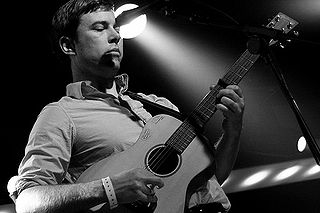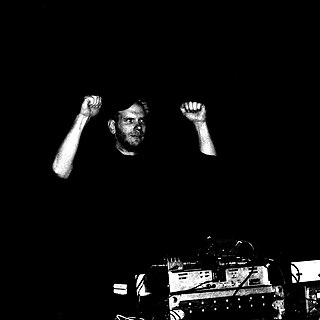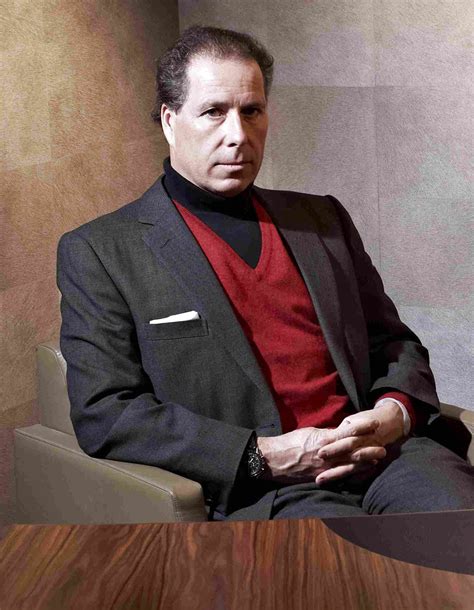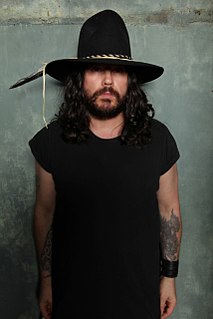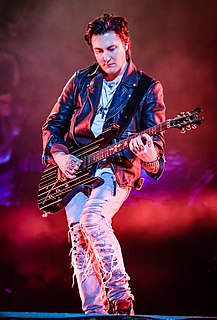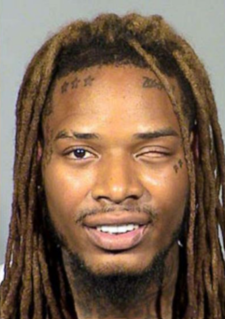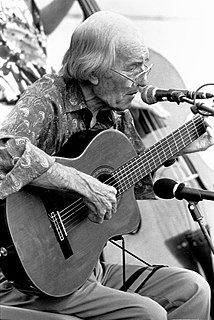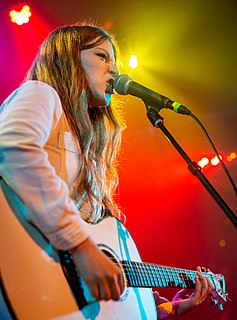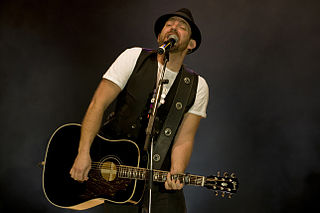A Quote by Bill Callahan
Any talk of 'craft' makes me laugh. My music looks outward; it does not gaze upon itself in admiration. Artisanal is for cheesemakers. I don't know anything about music theory. Every time I approach my guitar, it's like the first time. There's no craft in that.
Related Quotes
We are living in a period in which many people have changed their mind about what the use of music is or could be for them. Something that doesn't speak or talk like a human being, that doesn't know its definition in the dictionary or its theory in the schools, that expresses itself simply by the fact of its vibrations. People paying attention to vibratory activity, not in reaction to a fixed ideal performance, but each time attentively to how it happens to be this time, not necessarily two times the same. A music that transports the listener to the moment where he is.
Music makes me forget my real situation. It transports me into a state which is not my own. Under the influence of music I really seem to feel what I do not feel, to understand what I do not understand, to have powers which I cannot have. Music seems to me to act like yawning or laughter; I have no desire to sleep, but I yawn when I see others yawn; with no reason to laugh, I laugh when I hear others laugh. And music transports me immediately into the condition of soul in which he who wrote the music found himself at that time. ~The Kreutzer Sonata
So what's happening with the audio/visuality, for the first time we are doing the music - the people who would come to the concert love the music - they loved him and loved his music - for the first time in concert it's not only the music. Now it's time to know the man. We know the music, but what was the man like?
I've liked music since I can remember and the guitar was always the most attractive thing about music to me at that time. I played guitar in a high school band. I played guitar in various other bands up until I was 20, but nothing too serious. From time to time someone would ask me to play with a group, but I stopped playing with band-oriented projects as a whole soon after.
I like the idea of getting to dress up, like to do a Barry Lyndon or something about the Napoleonic period, the grand army retreating from Moscow. I understand that there's a craft to acting and a lot of people work hard at it. I just know that music is my first love. I love music, I love film, and I love clothes.
Just based on the primary adage of the necessity breeding innovation, it was just like 'Well, what makes me the guitar player that I am?' and I feel like I listen to so much different music, and I'm a student of so many genres of music, and I feel like it's fun to apply those things and anything super applicable to any type of music.
I really support criticism as a craft and as a vocation. People who devote as much time to thinking about sound through writing as I do practicing and forming it, the whole system of journalism seems to not yield rewards sustainable as a craft. So few can spend enough time to be serious about it and approach it with confidence and a kind of depth. And that's good on one level, because you have some leveling, that's kind of maybe leveled the petty fiefdoms of undeserving people but it's also made it hard to make a living as a writer.
Music making features real-time creation, real-time decisions and actions. It's basically improvisation, which is the stuff of everyday life. In the realm of discourse about music, improvisation is marginal, but in the realm of doing it, it's omnipresent. Strange distinction here: we're improvising all the time, but when we tend to talk about music, we tend to talk about objects that are fixed, like recordings, scores, pieces.
The guitar is a means of expressing music, When you get into the emotional side of it, then it's not the guitar that matters so much as the music itself. But the guitar is the vehicle I use. It's how I express myself. As for the emotional side, music takes up where language leaves off. To try and verbalize what music says, emotionally and spiritually, is futile. Let me put it this way, Louis Armstrong once said if you've got to ask, you'll never know.
I think any information about any type of art form, it's always the right time. But since the last one, I could see there were many things about the culture of DJing that we don't really talk about. We don't really look at how the music is made, how it's conceptualized, how it's put together. We talk about the equipment and the software, but we don't talk about the reasons why we put the music together in the first place.
